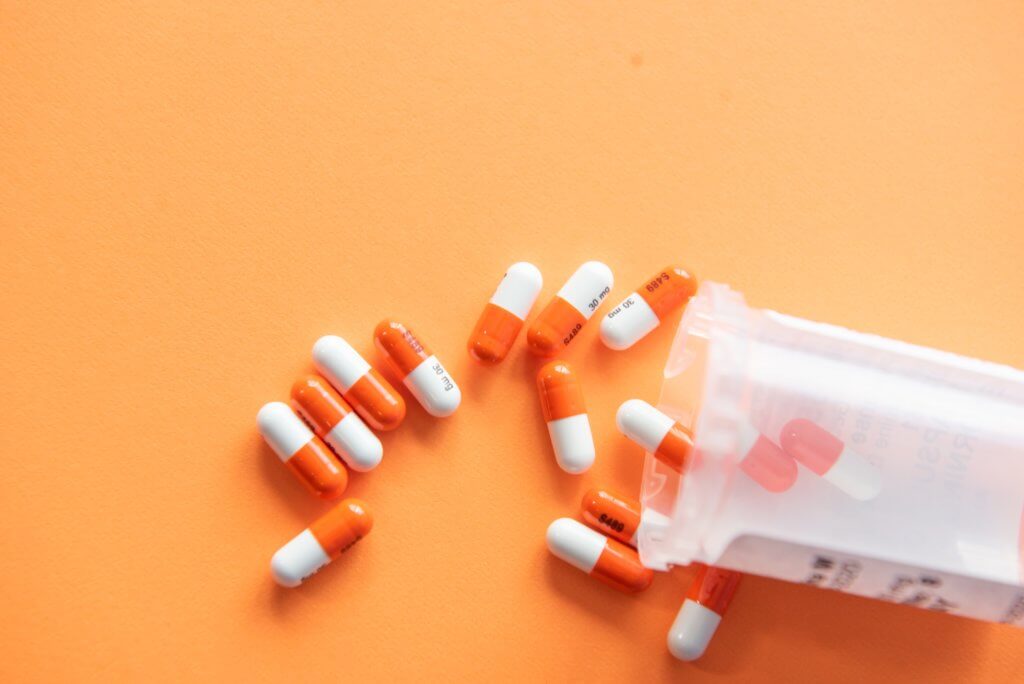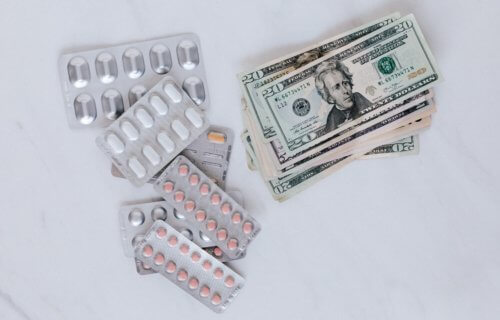BALTIMORE — You’re more likely to make bad decisions under stress, and pharmaceutical companies may be benefiting from this when you go to the doctor. A new study finds that people are more likely to choose more expensive brand-name drugs over a generic version after receiving negative medical results.
At the height of the COVID-19 pandemic, Manuell Hermosilla got a call from a family friend in Chile who received a cancer diagnosis. They were asking for help to find hydroxychloroquine to treat rheumatoid arthritis — a drug in short supply because of its reported ability to treat COVID infections.
Hermosilla found two options for hydroxychloroquine. The first was a generic version for $15 a month and the other was the brand name that cost $330. The family ended up choosing the brand name version over the much more affordable generic medication.
“Given her cancer diagnosis, she felt the generic wasn’t ‘safe’ enough—which got me to thinking: could medical-related insecurities impact patients’ brand/generic choices,” recalls Hermosilla, the lead author of the study, in a media release.
According to the new findings, people who are feeling negative emotions, such as when they get bad medical news, are more likely to view brand-name alternatives as more effective and safer than generic options. However, this is not necessarily true, as many experts view generics as molecularly identical to brand-name drugs. Being aware of this bias could save people money without compromising their care.

The study authors examined the reactions of 2,282 individuals who received bad news during blood tests measuring their cholesterol levels. Each person scored in a range between “near optimal” and “borderline high” which translates to 129 mg/dL and 130 mg/dL low-density lipoprotein (LDL), respectively.
People who received “borderline high” numbers were 1.3-percent less likely to choose the generic drug compared to people with “healthy” test results. Selecting the brand name drug displayed a connection to a roughly three-percent increase in total drug expenditures per patient.
Known as the “bad news effect,” people were most affected in the first 90 days of receiving the test. It also influenced those who were buying a drug out of pocket for the first time. People who considered themselves healthy and were surprised by the news were also more likely to opt for brand names. The “bad news effect” continued to take hold in another test checking the blood sugar levels of diabetics. Again, bad medical news made people less accepting of generic drugs because they view them as less safe, according to the team.
“Our findings suggest that relying solely on demographic and socioeconomic predictors may neglect an important observable, the arrival of bad medical news. Accordingly, enriching the framework with variables for the recency bad medical news could improve the campaigns’ efficiency,” says Andrew T. Ching, a professor of business at John Hopkins University.
For example, the authors suggest it may help to send a text message to patients reminding them of how generic drugs are similar to brand names after a routine test.
The findings are published in the Journal of Marketing.

